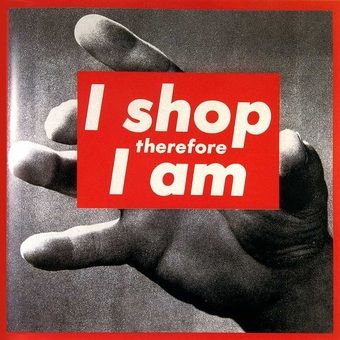
This course reconstructs a new phase in humanity's relationship with nature, as urbanized societies in certain parts of the world began to rely on materials and products that were grown, refined, or manufactured across the seas. Lectures illustrate how early modern consumerism reshaped global connections, culture, and interpersonal relations. Starbucks cafes and shopping malls. However, for most of human history the immediate, natural world determined choices of food and settlement patterns. The varieties of entertainment and goods were delimited by available technologies, social organization, trade routes, and belief systems. Beginning with an investigation of the pre-modern trade in exotic products and emergence of the first global commodity markets in spices, sugar, tobacco, coffee, cotton, and rubber, this course reconstructs a new phase in humanity’s relationship with nature, as urbanized societies in certain parts of the world began to rely on materials and products that were grown, refined, or manufactured across the seas. Lectures and texts will illustrate how early modern consumerism reshaped global connections, culture, and interpersonal relations. Students will learn about the political and economic systems that made mass production and consumption possible, from child labour to agricultural enslavement and colonialism. Although the ‘developing world’ and indigenous populations have disproportionately borne the costs of middle and upper class consumerism over the past five centuries, the cumulative and pervasive impact of mining, unregulated exurban/suburban development, industrial farming, fossil fuel usage, and post-consumer waste on ecosystems, wanton use/abuse of the water supply, and the changing composition of the atmospheric gasses that regulate climate now pose a grave threat to the planet as whole. As such, earnest reflection on the role of played by individual consumer behavior and on the urgency of devising effective, collective solutions to the negative consequences of consumerism will be integral to the learning process.
